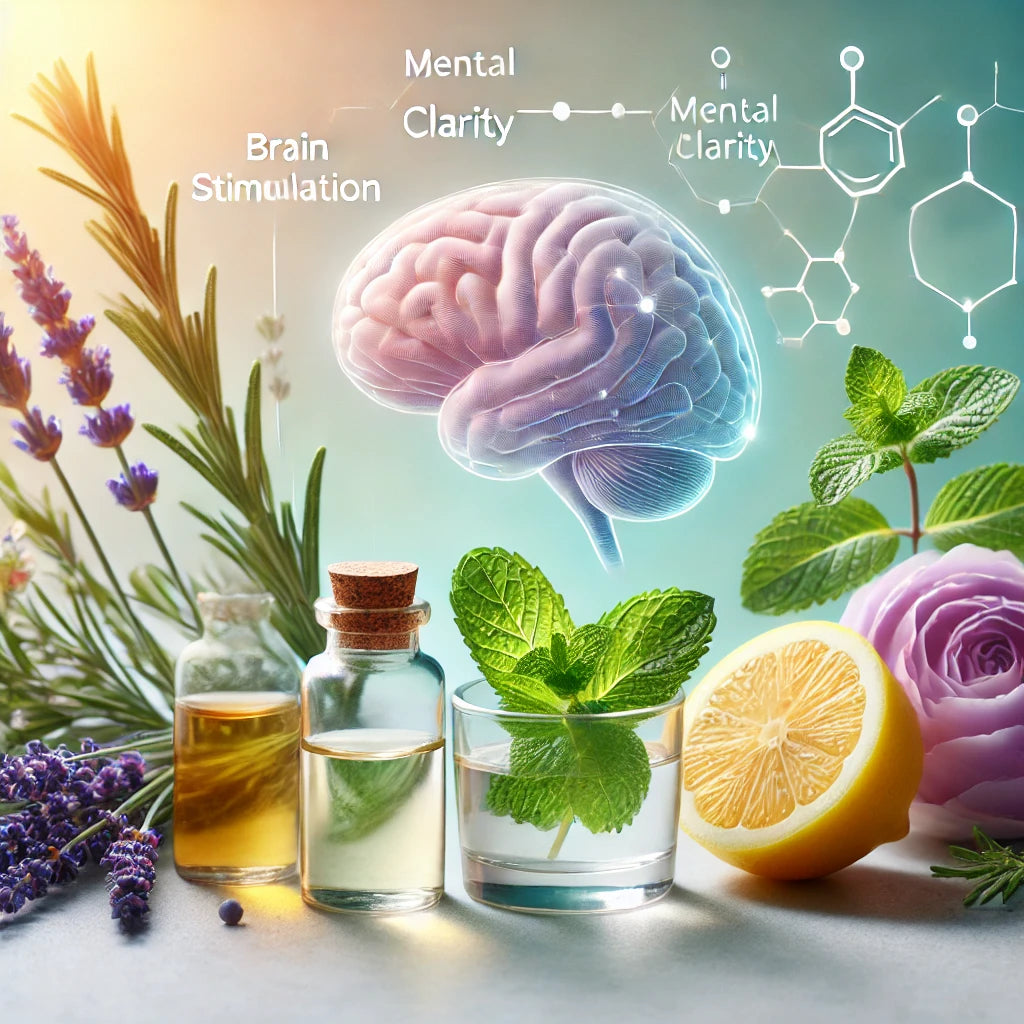News — cognitive function
Nature's Prescription: The Benefits of Ecotherapy for Mental Health
animal-assisted therapy anxiety treatment benefits of nature cognitive function ecotherapy forest bathing gardening therapy green therapy holistic health mental health mental wellness mindfulness in nature nature for depression nature therapy stress relief urban ecotherapy wilderness therapy
In today’s fast-paced world, mental health challenges have become increasingly common. The constant buzz of technology, the pressures of work, and the overwhelming nature of daily life can easily take a toll on mental well-being. While traditional forms of therapy have helped many individuals manage their mental health, a growing body of research suggests that reconnecting with nature—known as ecotherapy—can provide a powerful and effective approach to improving mental health. This nature-based therapy has garnered attention for its holistic benefits, allowing people to find healing by simply stepping outside.
Ecotherapy, often referred to as "green therapy" or "nature therapy," isn't just about spending time outdoors. It encompasses a variety of nature-based activities that are structured and intentional, designed to tap into nature's inherent ability to nurture the mind. Whether it’s through forest bathing, gardening, or spending time near bodies of water, ecotherapy has demonstrated a profound impact on stress reduction, anxiety, depression, and overall emotional well-being. This article will explore the many benefits of ecotherapy for mental health, outlining how nature truly can be a powerful prescription for the mind.
Neuroinflammation: The Hidden Enemy of Brain Health - Causes, Symptoms, and Prevention
Alzheimer's disease anti-inflammatory diet blood-brain barrier Brain Health brain health strategies brain inflammation chronic inflammation cognitive decline cognitive function exercise and brain health immune response in brain microglia activation mood disorders multiple sclerosis neuroinflammation neuroinflammation symptoms neurological disorders neurological research Parkinson’s disease stress management supplements for brain health
In the complex world of brain health, neuroinflammation stands as a subtle yet powerful adversary. It lurks beneath the surface, often unnoticed until significant damage has been done. While inflammation is a natural response of the immune system to injury or infection, when it occurs in the brain, it can lead to a host of neurological disorders. From Alzheimer's disease to multiple sclerosis, the consequences of unchecked neuroinflammation are profound.
Understanding neuroinflammation is key to unlocking new treatments and preventive measures for brain health. By delving into its causes, symptoms, and long-term effects, we can gain a clearer picture of its impact and the strategies needed to combat it. Let's explore this hidden enemy and uncover the steps we can take to protect our brain health.
Scent Your Way to a Sharper Mind: The Science Behind Olfactory Training
Brain Health brain plasticity cognitive decline prevention cognitive function essential oils for focus memory improvement mental clarity mental focus olfactory benefits olfactory system olfactory training olfactory training guide rosemary for memory scent and focus scent and memory scent therapy scent therapy benefits scent training sharper mind smell and brain function
This emerging area of research highlights how specific scents can activate neural pathways, promoting brain plasticity and improving cognitive resilience. In this article, we’ll explore the science behind olfactory training, how it works, and how you can use scent to boost your brainpower and mental sharpness.
The Estrogen Connection: How Hormones Impact Memory and Learning
Brain Health cognitive function estrogen and memory estrogen learning estrogen therapy hormonal changes hormones and brain health memory improvement menopause and memory women's health
Estrogen is often associated with its role in reproductive health, but this powerful hormone also plays a critical part in cognitive function, influencing memory, learning, and overall brain health. As women age and experience hormonal changes, particularly during menopause, fluctuations in estrogen levels can have a noticeable impact on cognitive abilities. Emerging research shows that estrogen affects areas of the brain involved in memory and learning, offering valuable insights into how hormones shape the way we think and remember.
Understanding the connection between estrogen and cognitive function is crucial, especially as women navigate different life stages, such as pregnancy, menstruation, and menopause, when estrogen levels can vary significantly. In this article, we’ll explore how estrogen impacts memory, learning, and brain health, and what can be done to support cognitive function through these hormonal changes.
The Surprising Connection Between Smell and Cognitive Function
Alzheimer's aromatherapy Brain Health brain performance cognitive decline cognitive function early dementia signs hippocampus limbic system memory and smell neuroplasticity olfactory system sense of smell smell and cognition smell and emotions smell tests smell training
The sense of smell is often taken for granted, yet it plays a significant role in shaping our daily experiences, emotions, and even memories. Recent research has uncovered a surprising connection between our ability to smell and cognitive function. It turns out that our olfactory system, responsible for detecting and processing smells, is closely linked to brain regions that govern memory, learning, and decision-making. The impact of smell on cognitive health is profound, with studies suggesting that changes in our sense of smell can even predict cognitive decline and neurodegenerative diseases like Alzheimer’s.
From the scent of freshly baked bread triggering nostalgic memories to the smell of lavender enhancing relaxation, odors have a unique way of influencing the brain. But beyond these everyday experiences, science is beginning to reveal just how crucial our sense of smell is for maintaining cognitive health. In this article, we will explore the intricate relationship between smell and cognition, the underlying mechanisms that connect the two, and how preserving your sense of smell may help protect your brain as you age.





